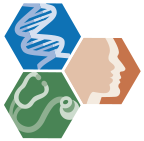
-

- Seeds of Discovery
- Now We're Talking
- Understanding the Brain
- A mental health focus
- Defeating Alzheimer's
- Success with autism
- Neuromuscular study
- Collaborative efforts
- Mapping a living relic
- Class clown
- Pediatric brain injury
- Match Day
- Shining a light
- Shriners groundbreaking
- AAAS fellows
- Cancer care
- Lucky Stiff

funding initiative speeds innovation
to improve health
Each dot denotes a faculty member of the ICTS, and each connecting line represents a collaboration between faculty in submitting an NIH grant application. ICTS began in 2007, above left, and by 2010, above right, there had already been a dramatic increase in the number of collaborations and the density of interconnections among research groups.
DOUGLAS LUKE AND BOBBI CAROTHERS, CENTER FOR PUBLIC HEALTH SYSTEMS SCIENCE, WASHINGTON UNIVERSITY
BY JULIA EVANGELOU STRAIT
Whether providing pilot funding to gather initial data or final funding for projects heading toward publication, grants awarded by Washington University’s Institute of Clinical and Translational Sciences (ICTS) are ultimately aimed at one goal — supporting medical research that has the highest likelihood of benefiting patients quickly.
“Facilitating new research collaborations across traditional disciplinary boundaries is a major goal of the ICTS,” says director Bradley A. Evanoff, MD, MPH, assistant dean for clinical and translational research. “By doing so, new discoveries can more rapidly be translated into prevention, diagnosis and treatment.”
Washington University’s ICTS is one of 60 such programs across the country. It is funded through institutional resources and through a five-year, $50 million Clinical and Translational Science Award (CTSA) given by the National Center for Advancing Translational Sciences of the National Institutes of Health (NIH). In its first six years, the ICTS has awarded $6.9 million to 70 projects and, in June 2012, its CTSA grant was renewed for an additional five years.
The ICTS pursues its mission by supporting new research infrastructure, funding translational research, training young faculty, and facilitating collaborations across disciplines. Its research support cores provide expert consultation and resources in tissue banking, imaging, biostatistics, biomedical informatics, research ethics, experimental design, conducting clinical trials, genomic analysis, regulatory support and community-engaged research. And that’s just the short list.
Through all of these activities, the ICTS is a pillar of Washington University’s BioMed 21 initiative, an effort dedicated to translating basic science discoveries into solutions for the world’s biggest health problems.
“Our researchers work across departmental and divisional specialty lines to a greater extent than ever before,” says Evanoff. “We can’t claim credit for all of that, but we’ve been one of the forces helping people make connections.”
Kelle H. Moley, MD
better
infant care
mothers' tissue samples illuminate children's diseases
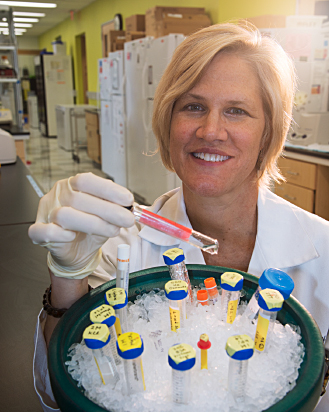
READ MORE
Randall S. Sterkel, MD, and Jane M. Garbutt, MBChB
into the
community
aiming for consensus in private practice clinical care
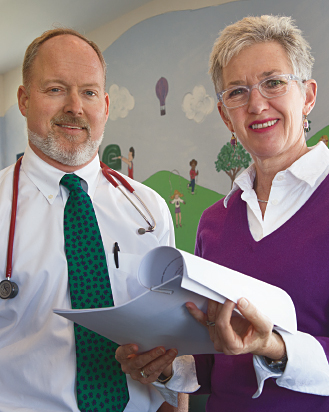
READ MORE
Matthew J. Ellis, MD, PhD
advanced
resources
modeling deadly cancers may lead to new treatments
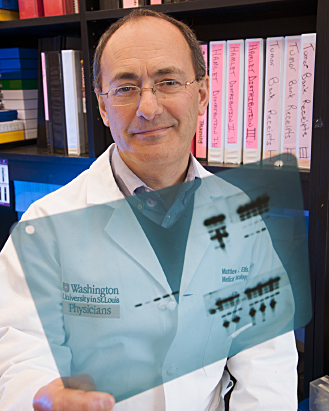
READ MORE
Robert C. McKinstry, MD PhD, and Pamela K. Woodard, MD
bright
outlook
high-tech imaging bridges research and application
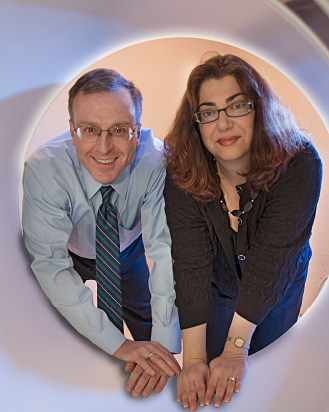
READ MORE


